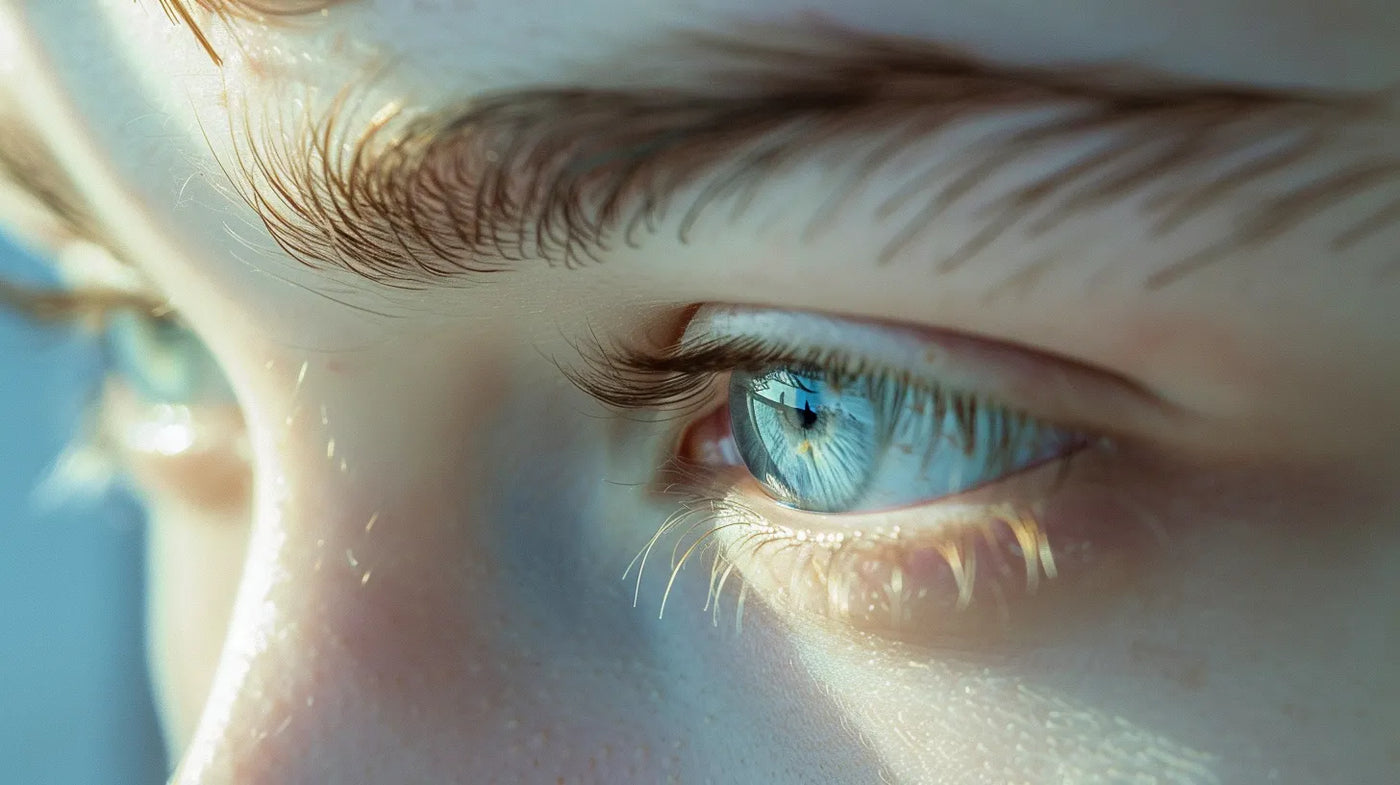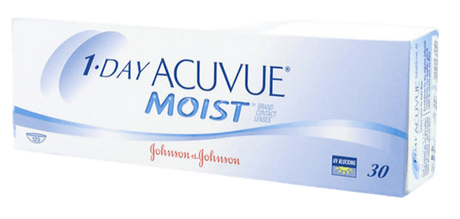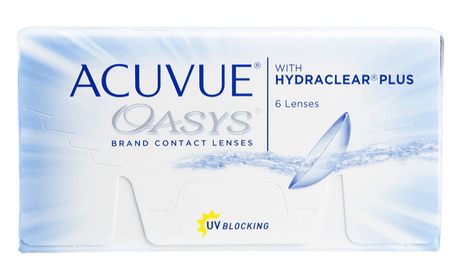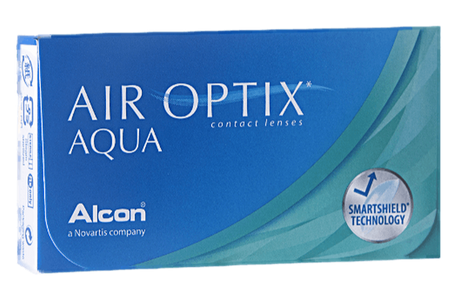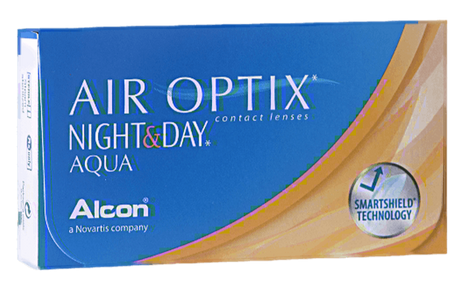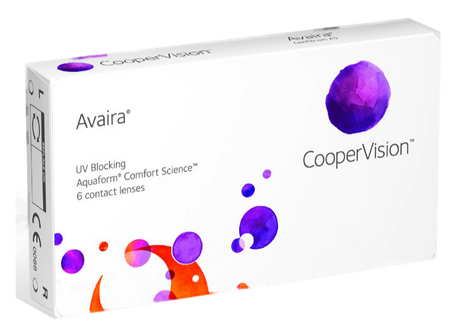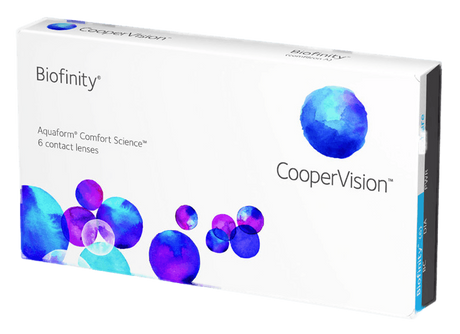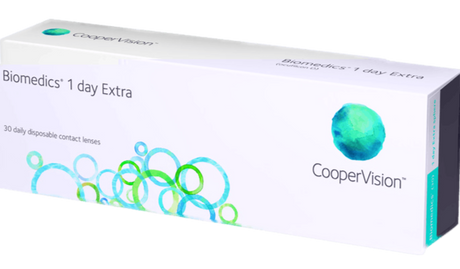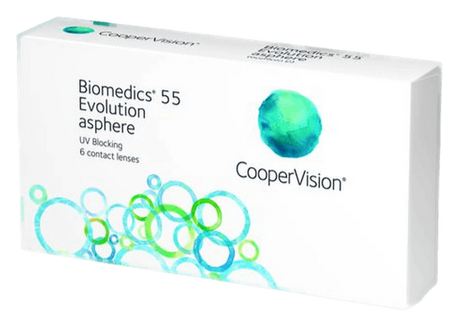What are Refractive Errors?
Refractive errors are one of the most common causes of impaired vision and occur when the eye's ability to focus light on the retina is diminished. This can lead to blurred vision at various distances depending on the type of refractive error you have. The four main types of refractive errors are:
- Myopia (nearsightedness)
- Hyperopia (farsightedness)
- Astigmatism (irregular cornea)
- Presbyopia (age-related vision changes)
Regardless of which refractive error you have, contact lenses can often offer an effective and comfortable solution to correct your vision. Let's take a closer look at each type of refractive error and the available contact lens options.
Myopia (Nearsightedness)
Myopia, also known as nearsightedness, is a condition where you see well up close but have difficulty seeing clearly at longer distances. This is because the eye is too long or the cornea is too curved, causing light to focus in front of the retina instead of directly on it.
To correct myopia, there are several types of contact lenses:
- Spherical contact lenses: Simple lenses with the same power across the entire surface, suitable for mild to moderate myopia.
- Toric contact lenses: Designed to correct both myopia and astigmatism by having different powers in different meridians.
- Multifocal lenses: Can correct both myopia and presbyopia by having multiple power zones for different distances.
Hyperopia (Farsightedness)
Hyperopia, or farsightedness, is the opposite of myopia. With hyperopia, you see well at a distance but have difficulty focusing up close. This is because the eye is too short or the cornea is too flat, causing light to focus behind the retina.
Contact lenses for hyperopia work by moving the focal point forward to the retina:
- Spherical contact lenses: Simple plus lenses that correct hyperopia by increasing the refraction of light.
- Toric contact lenses: Can correct both hyperopia and astigmatism with different powers in different meridians.
- Multifocal lenses: Offer correction for both hyperopia and presbyopia with multiple power zones.
Astigmatism (Irregular Cornea)
Astigmatism is a refractive error where the cornea or lens has an irregular shape, often more oval than round. This causes light to refract differently in different meridians, leading to blurred vision at all distances.
To correct astigmatism, toric contact lenses with different powers in different meridians are required. These lenses are available in both daily disposable and monthly replacement options and can be combined with correction for myopia, hyperopia, and presbyopia.
Presbyopia (Age-Related Vision Changes)
Presbyopia is a natural aging of the eye that usually begins to be noticeable around the age of 40. It means that the eye's lens becomes less flexible and has more difficulty focusing up close, even if you previously had perfect vision.
To correct presbyopia, there are several contact lens options:
- Multifocal lenses: Have multiple power zones for different distances, allowing you to see well at both near and far.
- Monovision lenses: Correct one eye for distance vision and the other for near vision. The brain learns to choose the right eye for the right distance.
Finding the Right Contact Lenses for Your Refractive Error
Regardless of which refractive error you have, there are contact lenses that can help you see clearly and comfortably. At Netlens, we offer a wide range of contact lenses for all types of refractive errors from leading brands such as [[Acuvue]], [[Air Optix]], and [[Dailies]].
To find the best contact lenses for your specific eyes, we recommend starting by booking an eye exam with an optometrist. They can determine your exact refractive error and provide you with a prescription for the contact lenses that suit you best.
With the right contact lenses, you can enjoy clear and sharp vision, whether you have myopia, hyperopia, astigmatism, or presbyopia. Don't let your refractive error hold you back from living life to the fullest - explore our selection of contact lenses today and take the first step towards a more comfortable and clearer everyday life!
